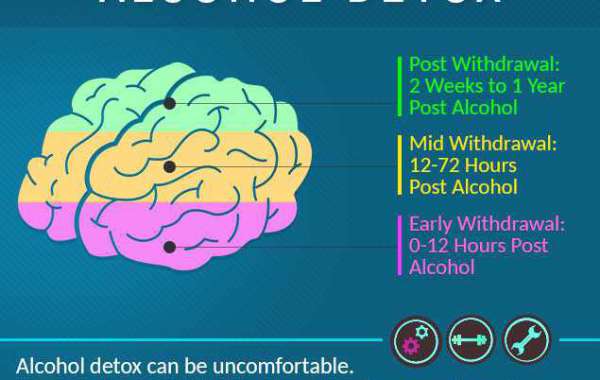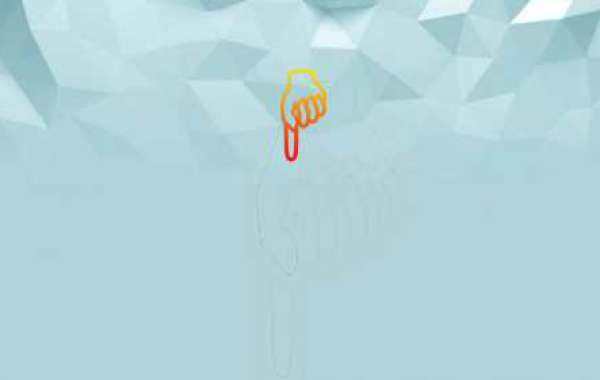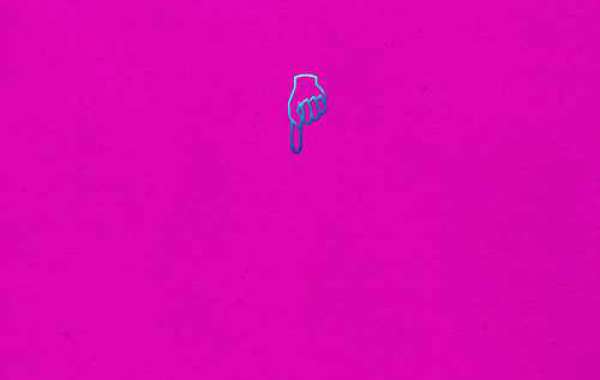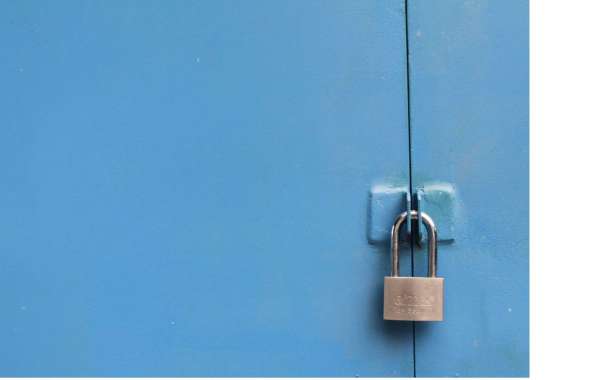If you have been drinking for a long time, you have likely developed a physical dependence on alcohol. This occurs when you drink every day and the body gets used to the effects. This leads to withdrawal symptoms when you stop drinking alcohol. As a result, you might use alcohol to numb the withdrawal symptoms or avoid them.
Symptoms
Alcohol detox is an important part of recovery, but it can be a dangerous process if not handled properly. In some cases, people may need to be hospitalized to treat serious alcohol withdrawal symptoms. This process involves monitoring vital signs, administering intravenous fluids to prevent dehydration, and administering medications to control withdrawal symptoms. The best treatment, however, is to stop drinking alcohol completely. For those who have already gone through the detoxification process, it is important to remain in a safe and supportive environment.
The most dangerous phase of alcohol detoxification is during the first 24 hours after alcohol consumption has stopped. During this time, the patient can suffer from low blood sugar, irritability, and even delirium tremens, a potentially fatal condition. As the body adjusts to the lack of alcohol, the symptoms of alcohol withdrawal can worsen until they reach a peak at around 72 hours after the last drinking session.
Process
The process of alcohol detox involves withdrawing from alcohol for a period of time. It can be a difficult experience and it may last for months. To minimize withdrawal symptoms, it is recommended to seek medical treatment. Medical staff at rehab centers monitor patients constantly to detect any complications. They can also make adjustments if necessary.
Alcohol withdrawal symptoms are often uncomfortable, and include raised body temperature, shakes, and sweating. Some people experience irritability, depressed moods, and aggression. It is best to seek medical attention at the beginning of the withdrawal process. However, it is possible to detox yourself if your problem is mild.
Medications used
During alcohol detox, many people take medications to control uncomfortable withdrawal symptoms. These medications help keep the body's chemical balance in check and can also reduce the risk of serious complications. They are often administered by medical professionals in a rehab facility. These specialists monitor the effect of these medications and may switch them for a different kind if necessary.
While detoxing from alcohol, it is important to be monitored by a medical professional to make sure the process is safe for the individual. Withdrawal symptoms can become dangerously debilitating for those with existing medical conditions. Treatment specialists can check heart rates and blood pressure to detect any problems. They can also ask about the symptoms and pain the individual is experiencing. They can determine the best type of medication to use to manage withdrawal symptoms.
Side effects
Detoxifying from alcohol can cause a variety of unpleasant side effects. Some of these include delirium tremens, a potentially life-threatening condition that begins around 48 hours after the last drink. Symptoms include shaking, hallucinations, confusion, and high blood pressure. In severe cases, delirium tremens can even result in death. For this reason, it is essential that alcohol detoxification be done in a controlled medical setting.
Alcohol detox symptoms can last from a few days to a week, depending on the severity of the problem. Some people experience tremors right away, while others experience them several days after the last drink. This is accompanied by a rise in blood pressure and problems regulating heartbeat. It can be alarming to experience these symptoms, but you should not worry too much if you are not experiencing them. Hallucinations can also last up to three days after alcohol detox, and can include visions of objects on the skin. Alcohol withdrawal hallucinations are often vivid imaginative visions.
Outpatient rehab programs
If you have a job and can keep an eye on your health, outpatient alcohol detox programs may be right for you. These outpatient programs are generally less intense than inpatient treatment and allow you to withdraw from alcohol in the comfort of your own home. These programs also have medical staff that are on hand around the clock to assess your condition and determine the right method of detoxification.
In addition to medical care, outpatient rehab programs provide clients with counseling, program activities, and other support services. Many patients enroll in outpatient programs because they can stay at home while they are recovering. Others are in this type of program because they have a supportive home environment or have family members who can help them through the program.








